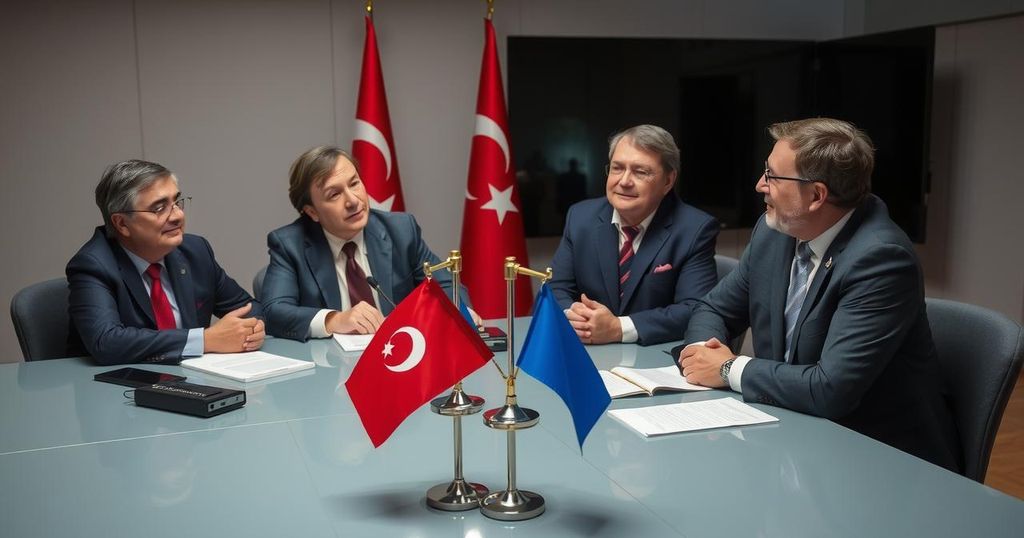SPD Rejects Taurus Missile Delivery to Ukraine Amid Upcoming Elections

Chancellor Olaf Scholz’s Social Democratic Party (SPD) has rejected the provision of Taurus missiles to Ukraine, emphasizing a cautious approach while supporting diplomatic and humanitarian efforts. In contrast, the Christian Democratic Union (CDU), led by Friedrich Merz, advocates for such military assistance, highlighting a divided stance as Germany approaches elections.
On December 15, media reports revealed that German Chancellor Olaf Scholz’s Social Democratic Party (SPD) has officially rejected the delivery of Taurus long-range missiles to Ukraine, as outlined in a leaked draft of the party’s program for the upcoming February elections. Scholz has consistently resisted calls to provide Ukraine with such missiles, despite similar deliveries from other international allies, including the United States.
The SPD’s program emphasizes prudence in arms transfers, stating, “We stand by Chancellor Olaf Scholz’s decision not to deliver the Taurus cruise missile from the Bundeswehr’s stocks,” which reflects a cautious approach amid fears of escalating military conflict involving Germany. Nonetheless, the party asserts its commitment to supporting Ukraine diplomatically, militarily, financially, and through humanitarian efforts as long as necessary.
In contrast, the Christian Democratic Union (CDU), led by Chancellor candidate Friedrich Merz, has advocated for the provision of Taurus missiles to Ukraine. Merz’s platform proposes a more assertive military strategy, having promised support for Ukraine’s ability to target military installations within Russia, while maintaining a careful distinction against civilian targets.
While both parties recognize the need for sustained support for Ukraine amid ongoing aggression, they are divided on the approach to arms deliveries. Merz indicated that while missile deliveries are crucial, these weapons would not singularly alter the course of the conflict, emphasizing the need for a strategic balance that does not embroil Germany in a war.
As the elections approach, these differing perspectives on military support for Ukraine will play a significant role in shaping the discourse over Germany’s foreign policy and its role in European security.
The discussion surrounding the provision of weapons to Ukraine has been intensified due to the ongoing conflict following Russia’s invasion in 2022. Various countries, particularly in NATO, have engaged in extensive debates over the types of military support to offer Ukraine. The request for Taurus long-range missiles is part of Ukraine’s broader strategy to enhance its defensive and offensive capabilities against Russian aggression. Germany, under Chancellor Olaf Scholz, has adopted a cautious stance, reflecting concerns about escalating the conflict and potential repercussions for German and European security.
In conclusion, the SPD’s rejection of supplying Taurus missiles to Ukraine reflects a measured approach to foreign military involvement, prioritizing prudence and diplomacy. Conversely, the CDU advocates for a robust military response to enable Ukraine to effectively combat Russian forces. These contrasting positions will significantly influence the political landscape as Germany heads into elections, revealing the complexity of balancing support for Ukraine against the need to avoid direct involvement in the conflict.
Original Source: kyivindependent.com








